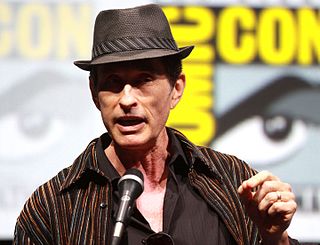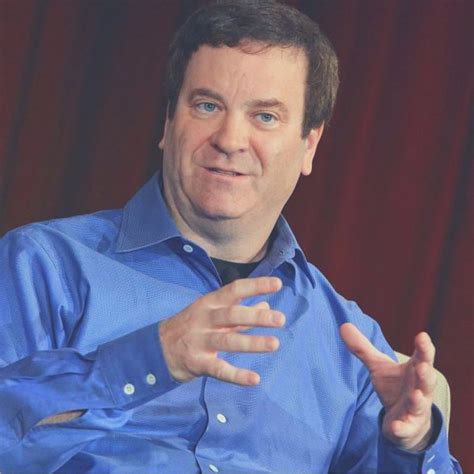A Quote by Michael Pollan
There are fundamental tensions between the biological reality of the planet and the economic reality. To some extent you can adapt the economy, create a new set of rules and incentives to send it down a better track, but finally people in the first world are going to have to consume a whole lot less.
Related Quotes
This new economy that's just emerged has a new central economic actor. It's not the worker, the person who produces, nor the person who consumes, the purchaser. It's a new actor that does both things at the same time, call them a creator. They both create and consume in the same single act, and we're just beginning to see the shape of this new economy and it changes not just the economy itself, it's going to change the whole nature of the work relationship.
Almost all systems of economic thought are premised on the idea of continued economic growth, which would be fine and dandy if we lived on an infinite planet, but there's this small, niggling, inconvenient fact that the planet is, in fact, finite, and that, unlike economic theory, it is governed by physical and biological reality
In a sense, the better you adapt to school the less your chances are of later adapting to the actual world. So I figure, the worse you adapt to school, the better you will be able to handle reality when you finally manage to get loose at last from school, if that ever happens. But I guess I have what in the military they call a 'poor attitude,' which means 'shape up or ship out.' I always elected to ship out.
In the 40 years I've been working as an economist and investor, I have never seen such a disconnect between the asset market and the economic reality... Asset markets are in the sky, and the economy of the ordinary people is in the dumps, where their real incomes adjusted for inflation are going down and asset markets are going up.
There are three bombs. The first one is the atomic bomb, which disintegrates reality, the second one is the digital or computer bomb, which destroys the principle of reality itself - not the actual object - and rebuilds it, and finally the third bomb is the demographic one. Some experts have found out that in five thousand years from now, the weight of the population will be heavier than the weight of the planet. That means that humanity will constitute a planet of its own!
I've never felt Truth was Beauty. Never. I've always felt that people can't take too much reality. I like being in Ingmar Bergman's world. Or in Louis Armstrong's world. Or in the world of the New York Knicks. Because it's not this world. You spend your whole life searching for a way out. You just get an overdose of reality, you know, and it's a terrible thing. I'm always fighting against reality.
Money is not a part of the visible sector of the economy; people do not consume money. Money is not a physical factor of production, but rather a yardstick for measuring economic input, economic outtake and the relative values of the real goods and services of the economic world. Money provides a method of measuring obligations, rights, powers and privileges. It provides a means whereby certain individuals can accumulate claims against others, or against the economy as a whole, or against many economies.
We have reversed the usual classical notion that the independent "elementary parts" of the world are the fundamental reality, and that the various systems are merely particular contingent forms and arrangements of these parts. Rather, we say that inseparable quantum interconnectedness of the whole universe is the fundamental reality, and that relatively independent behaving parts are merely particular and contingent forms within this whole.




































